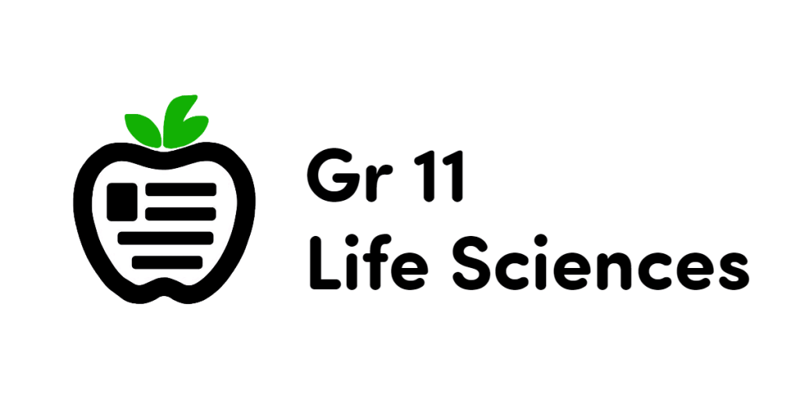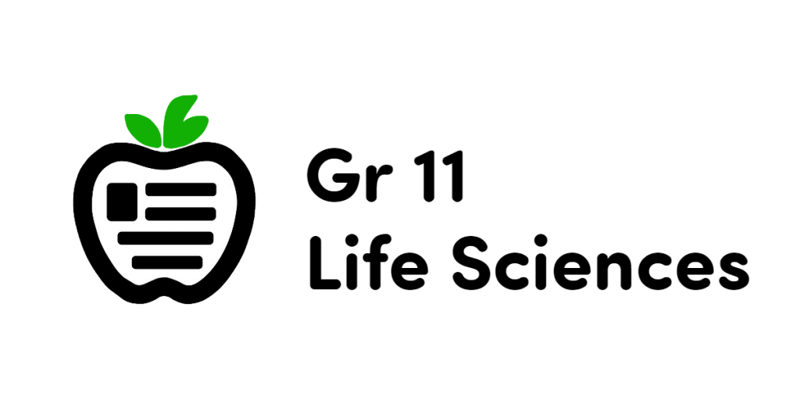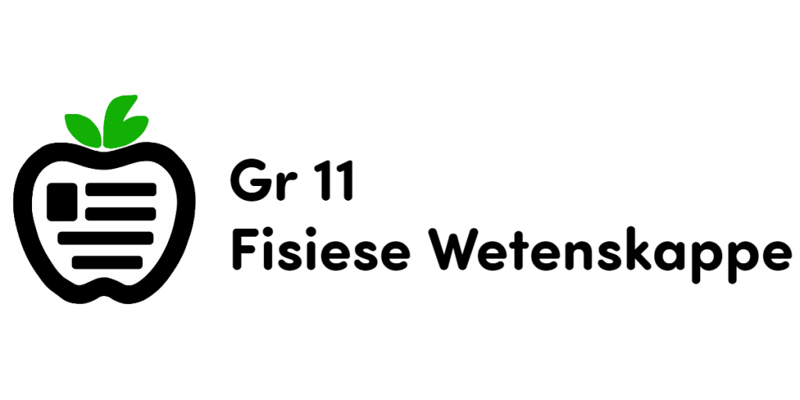Podcast
Questions and Answers
What is the correct conversion from Celsius to Kelvin when calculating the ideal gas law?
What is the correct conversion from Celsius to Kelvin when calculating the ideal gas law?
What is the value of R (ideal gas constant) used in this calculation?
What is the value of R (ideal gas constant) used in this calculation?
How many moles of oxygen (O2) are present in 1.0 L of air when the mole fraction of oxygen is 0.22?
How many moles of oxygen (O2) are present in 1.0 L of air when the mole fraction of oxygen is 0.22?
What is the mass of oxygen in grams contained in 1.0 L of air under the given conditions?
What is the mass of oxygen in grams contained in 1.0 L of air under the given conditions?
Signup and view all the answers
Given the ideal gas law, what is the value calculated for 'n' when substituting the provided values?
Given the ideal gas law, what is the value calculated for 'n' when substituting the provided values?
Signup and view all the answers
Study Notes
Calculating the Mass of Oxygen in Air
- The tutorial aims to calculate the mass of oxygen in 1 liter of air at 20°C and 1 atm pressure, assuming ideal behavior.
- The ideal gas law, PV = nRT, is used to find the number of moles of air (n).
- The temperature is converted from Celsius to Kelvin: 20°C + 273.15 = 293.15 K.
- The given values for pressure (P = 1.0 atm), volume (V = 1.0 L), temperature (T = 293.15 K), and the ideal gas constant (R = 0.082 L atm mol⁻¹ K⁻¹) are plugged into the formula to calculate the number of moles (n).
- The number of moles of air is calculated to be approximately 0.042 mol.
- The mole fraction of oxygen (O2) in air is given as 0.22, so the number of moles of oxygen in 1 liter of air is 0.22 x 0.042 mol = 0.00924 mol.
- The molecular mass of oxygen is 32 g mol⁻¹, so the mass of oxygen in 1 liter of air is 32 g mol⁻¹ x 0.00924 mol = 0.296 g.
Studying That Suits You
Use AI to generate personalized quizzes and flashcards to suit your learning preferences.
Related Documents
Description
This quiz focuses on calculating the mass of oxygen present in 1 liter of air under specified conditions using the ideal gas law. Participants will review the steps involving conversions and calculations related to moles of air and oxygen. Test your understanding of gas laws and stoichiometry in this practical application.




